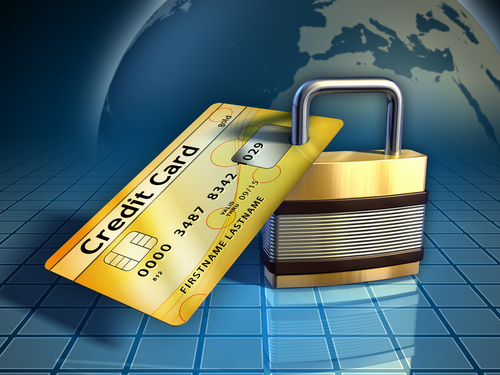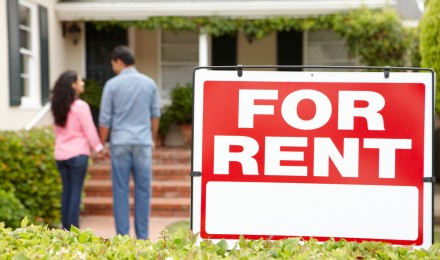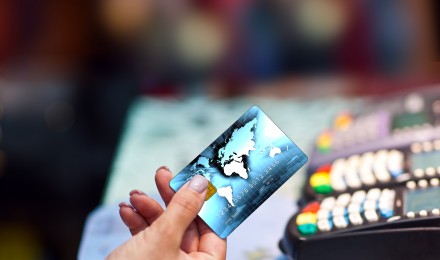When ready to open a credit card account, many people apply for a major bank credit card. Several banks from Bank of America to Wells Fargo offer a credit card, and if you have an account with the bank, you have a better chance of an approval.
Unsecured credit cards are one type of credit card offered by banks and a favorite among credit card users. But while you can open an account with no out-of-pocket cash, not everyone qualifies. Unsecured credit cards are tricky to get if you have bad credit. Some banks might offer you an account, but between the high APR and annual fee, these bad credit cards aren’t always worth the price. There is a better option — a secured credit card.
What is a Secured Credit Card?
Secured credit cards aren’t advertised as heavily as unsecured credit cards, but if you’re looking to establish credit or rebuild your credit, these cards might be a good match. Practically anyone can qualify for a secured credit card, which is the complete opposite of unsecured credit cards. Getting an unsecured credit card often requires a strong credit history and a high credit score. Credit problems, such as late payments, high debts, foreclosure, bankruptcy or a judgment can stop an approval.
Secured credit cards are designed to give people with credit problems a second chance. You don’t need a credit history and a bad credit history will not disqualify you.
How Do Secured Credit Cards Work?
If applying for an unsecured credit card, you simply submit an application and wait for the creditor’s response. Things are slightly different with a secured credit card. You complete an application like any other credit card. But with secured credit cards, the creditor will require a deposit with your application. Deposits vary, but most creditors ask for a minimum of $200. The amount you give your creditor is important because the deposit reflects your credit limit.
But your deposit isn’t the only fee. A large number of secured credit cards charge an annual fee, an application fee, a processing fee and a monthly maintenance fee. Fees are a major inconvenience, however, many secured credit cards have competitive interest rates, which makes them a better option than unsecured bad credit cards.
What to Watch Out For?
Before applying for a secured credit card, do your research and ask questions. Unknown to many applicants, some banks do not report secured credit cards to the credit bureaus. This action does not help your credit score. Paying your bills on time is a major credit score booster. However, you can’t improve your score if your creditor never reports your timeliness. Don’t apply for a random secured credit card. Compare different options to get the lowest rate and the cheapest fees and know the terms. Additionally, contact banks to see whether they will update your credit report, as well as how often they send updates.
When ready to open a credit card account, many people apply for a major bank credit card. Several banks from Bank of America to Wells Fargo offer a credit card, and if you have an account with the bank, you have a better chance of an approval.
Unsecured credit cards are one type of credit card offered by banks and a favorite among credit card users. But while you can open an account with no out-of-pocket cash, not everyone qualifies. Unsecured credit cards are tricky to get if you have bad credit. Some banks might offer you an account, but between the high APR and annual fee, these bad credit cards aren’t always worth the price. There is a better option — a secured credit card.
What is a Secured Credit Card?
Secured credit cards aren’t advertised as heavily as unsecured credit cards, but if you’re looking to establish credit or rebuild your credit, these cards might be a good match. Practically anyone can qualify for a secured credit card, which is the complete opposite of unsecured credit cards. Getting an unsecured credit card often requires a strong credit history and a high credit score. Credit problems, such as late payments, high debts, foreclosure, bankruptcy or a judgment can stop an approval.
Secured credit cards are designed to give people with credit problems a second chance. You don’t need a credit history and a bad credit history will not disqualify you.
How Do Secured Credit Cards Work?
If applying for an unsecured credit card, you simply submit an application and wait for the creditor’s response. Things are slightly different with a secured credit card. You complete an application like any other credit card. But with secured credit cards, the creditor will require a deposit with your application. Deposits vary, but most creditors ask for a minimum of $200. The amount you give your creditor is important because the deposit reflects your credit limit.
But your deposit isn’t the only fee. A large number of secured credit cards charge an annual fee, an application fee, a processing fee and a monthly maintenance fee. Fees are a major inconvenience, however, many secured credit cards have competitive interest rates, which makes them a better option than unsecured bad credit cards.
What to Watch Out For?
Before applying for a secured credit card, do your research and ask questions. Unknown to many applicants, some banks do not report secured credit cards to the credit bureaus. This action does not help your credit score. Paying your bills on time is a major credit score booster. However, you can’t improve your score if your creditor never reports your timeliness. Don’t apply for a random secured credit card. Compare different options to get the lowest rate and the cheapest fees and know the terms. Additionally, contact banks to see whether they will update your credit report, as well as how often they send updates.







